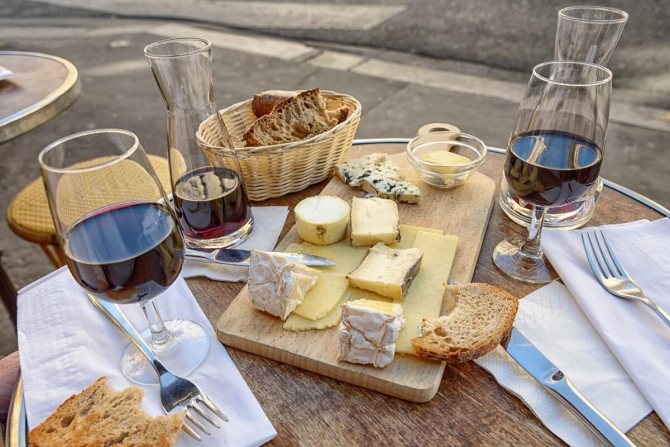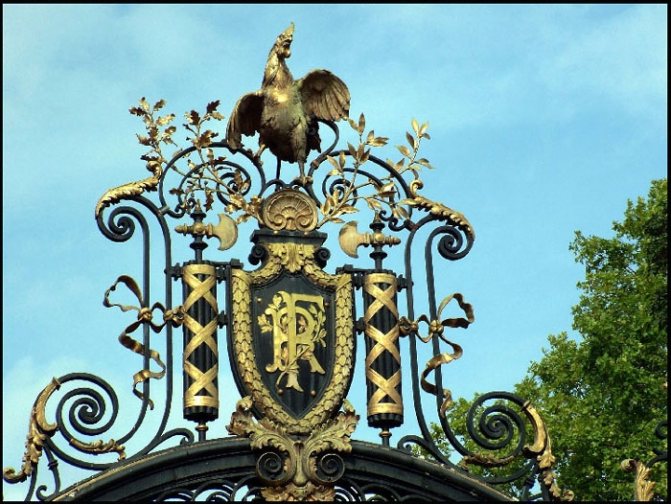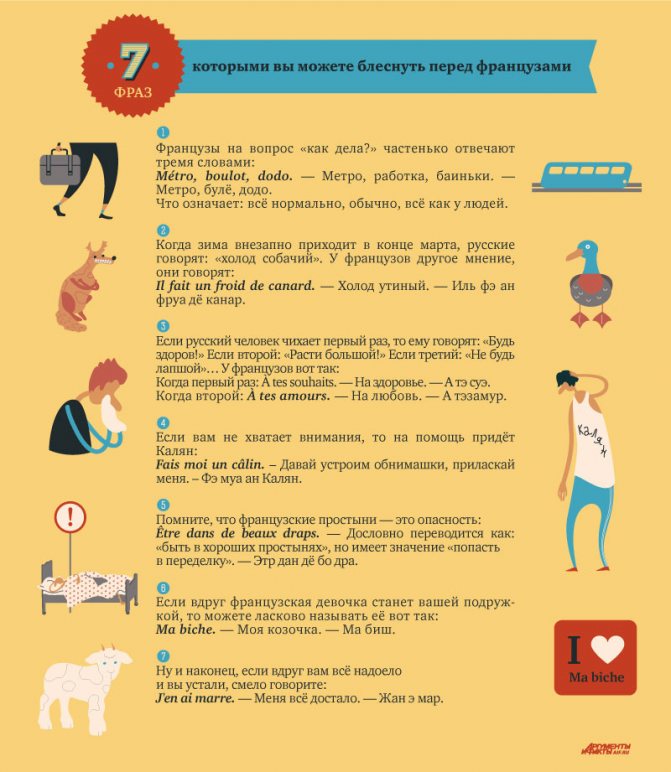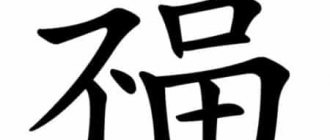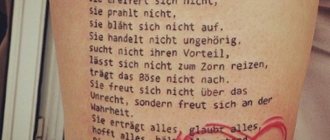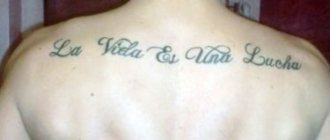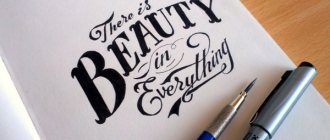The most famous French catchphrases
Enroll in a lesson and discuss this topic with us!
Your Name
Phone
One little thought couched in words can turn an entire life upside down.
What are quotes? Motivational, ironic, thought-provoking - all of them invariably occupy a place of honor in our hearts. The piggy bank of history holds countless ideas, but life still throws us new food for thought.
Let's find out what the best phrases in French sound like?
- A la guerre comme à la guerre. - In war, as in war.
- C'est la vie. - C'est la vie.
- Chaque personne a sa propre voie. - Everyone has his own way.
- L'amour ne fait pas d'erreurs. - Love makes no mistakes.
- Croire à son etoile. - Believe in your star.
- La beauté c'est l'éternité qui dure un moment. - Beauty is an eternity lasting a moment.
- Le génie c'est l'ésprit, qui sait son terme. - Genius is a mind that knows its limits.
- Ne parle pas, combien tu as vecu, dis pour quoi. - Don't tell me how long you've lived, tell me what you've lived for.
- Milles voies conduisent en erreur, mais seul induit à vérité. - A thousand paths lead to delusion, only one to truth.
- Le bien - c'ést le beau en action. - The good is the beautiful in action.
- Nous aimons pas l'homme mais ses properties. - We do not love a man, but his properties.
- La sincérité est la mère de verité et l'enseigne de l'homme probe. - Sincerity is the mother of truth and the sign of an honest man.
- On finit de faire penser quand on finit de faire lire. - People stop thinking when they stop reading.
- Le mieux est l'ennemi du bien. - The best is the enemy of the good.
- Ne perdez pas de temps car cela fait la vie. - Don't waste time; it's what life is made of.
- Tous les honneurs du monde ne coûtent pas un brave ami. - All the honors of this world are not worth one good friend.
- Les mots ce sont les épées. - Words are swords.
- La vie est belle. - Life is beautiful.
- Sois honnêt avec toi-même. - Be honest with yourself.
- Écoutez votre coeur. - Listen to your heart.
- Respect le passé, crée le futur! - Respect the past, create the future!
- Mieux vaut tard que jamais. - Better late than never.
- L'appétit vient en mangeant. - Appetite comes with a meal.
- La liberté commencement par l'ironie. - Freedom begins with irony.
- Le bonheur n'est pas un but, mais un mode de vie. - Happiness is not a goal, but a way of life.
- Les hommes devient vieux, mais pas adultes. - People grow old, but they do not grow old.
- L'habitude est une second nature. - Habit is second nature.
- Aimer, ce n'est pas se regarder l'un l'autre, c'est regarder ensemble dans la même direction. - To love is not to look at each other, to love is to look together in the same direction.
- Les grands embrasements naissent de petites étincelles. - Serious fires are born from small sparks.
- L'esprit cherche et c'est le coeur qui trouve. - Though the mind seeks, only the heart finds.
- Si tu veux vivre sans chagrin, trouve l'avenir comme le passé. - If you want to live without sorrow, consider the future as past.
- Une faible estime de soi résulte d'un désaccord entre le moi réel et le moi idéal. - Low self-esteem is the result of a discrepancy between the real and ideal self.
- La beauté est le pouvoir, le sourire est son épée. - Beauty is power, and a smile is its sword.
- L'avenir appartient à ceux qui croient en leurs rêves. - The future belongs to those who believe in their dreams.
- Le destin aide les personnes courageuses. - Destiny helps the brave.
- Une victoire sur soi est la plus grande des victoires. - Victory over yourself is the greatest of victories.
- Profitez de chaque instant. - Enjoy every moment.
- La vérité est née dans la dispute. - Truth is born in argument.
- Être ou ne pas être, telle est la question. - To be or not to be, that is the question.
- Une personne n'est pas pauvre s'il est capable de rire. - A person is not poor if he is still capable of laughing.
Common Questions and Phrases
Especially for your convenience, we have written an approximate pronunciation of these phrases in Russian.
Print and take with you our "cheat sheet" before you travel.
Memorize polite common phrases that you will need in many cases when dealing with foreigners.
Excusez-moi, est-ce que vous pourriez m'aider ? - Excusez-moi, can you help me? - Excusez-moi, est-ce que vous pourriez m'aider ?
Est-ce que je peux vous poser une question? - Can I ask you a question? - Esque que je peux vous poseur un quétion.
Quelle heure est-il? Il est quelle heure? - What time is it? What time is it? - Quelle heure est-il? Il est quelle heure?
Comment cette chose s'appelle en français? - What is this thing called in French? - Com comité saz sapelle en français?
Merci je vous remercie/Merci beaucoup pour votre aide. - Merci je vous remercie/Merci beaucoup pour votre aide. - Merci je vous remercie/Merci beaucoup pour votre aide.
S'il vous plaît. - Please (request). - S'il vous plaît.
Je vous en prie. - Please (reply to thank you). - Je vous en prie.
De rien. - You are welcome. - De rien.
Transportation
If you need to go somewhere, use the following expressions:
Je cherche l'arret d'autobus. - I'm looking for a bus stop. - Je cherche l'arret d'autobus.
Appelez le taxi, s'il vous plait. - Appelez le cab, s'il vous plait. - Applez le cab, s'il vous plait.
Quel est le prix jusqu'a...? - How much does it cost to go to...? - Quel est le prix jusqu'à?
Deposez-moi a l'aeroport. - Take me to the airport. - Deposez-moi a l'aeroport.
Conduisez-moi a cette adresse, s'il vous plait. - Take me to this address, please. - Conduisez-moi à cette adresse, s'il vous plait.
Arretez ici, s'il vous plait. - Stop here, please. - Arretez ici, s'il vous plait.
N'importe quoi! (Never mind.)
For those who often disagree with someone else's opinion, this phrase is a must. It translates as "no matter", "I don't care".
- Je te jure! Je n'ai rien fait! (I swear I didn't do anything!) - N'importe quoi... (It doesn't matter.)
Interestingly, in other cases the phrase is usually translated as "anything," "anything at all."
N'importe quoi pour un ami. - Anything for a friend.
Getting Around the City
Simple phrases can help you navigate a foreign city more easily and get where you need to go.
Où puis-je acheter le plan de la ville? - Where can I buy a map of the city? - Où puis-je acheter le plagne de la ville?
Comment s'appelle cette rue/ce parc? - What is the name of this street/these park? - Comme s'appelle cette rue/ce parc?
Où se trouve la gare? - Where is the train station here? - Où se trouve la gare?
Dites, s'il vous plait où se trouve l'hotel? - Tell me, please, where is the hotel? - Dites s'il vous plait où se trouve l'hôtel?
Je me suis egare. - I'm lost.. - Je me suis egare.
Comment aller au centre de la ville? - How do I get to the center of the city? - Comme talé au santre de la ville?
C'est loin d'ici? - Is it far from here? - C'est loin d'ici?
In a café/restaurant.
Be polite in restaurants. Upon entering the hall, you should say hello to the maitre d' or the waiter, and then proceed to order food and get acquainted with the famous French cuisine using the following phrases:
Je voudrais faire une commande. - I would like to order. - Je voudrais faire une commende.
La carte, s'il vous plaît. - Can I have a menu, please?. - La carte, s'il vous plaît.
Avez-vous la carte en anglais/en russe? - Do you have a menu in English/en russe? - Avez-vous la carte en anglais/en russe?
Que pourriez-vous me conseiller? - What would you advise me? - Que pourriez-vous me conséiller?
Je voudrais goûter la specialité de la maison. - I would like to order your specialty dish. - Je voudrais gûte à la spécialite de la maison.
Quel vin recommandez-vous? - Which wine do you recommend? - Quel vin récommandez-vous?
Je voudrais un café / un thé. - I would like a cup of coffee/tea.. - Je voudrais an café/an thé.
Plateau de fromages. - Cheese plateau. - Plateau de fromages.
Soupe à l'oignon. - Onion soup. - Soupe à l'oignon.
L'addition, s'il vous plait. - L'addition, s'il vous plait. - L'addition, s'il vous plait.
At the store.
About asking for the cost of groceries and things.
Avez-vous...? - Do you have...? - Avez-vous...?
Montrez-moi cela, s'il vous plait. - Show me this, please. - Montrez-moi cela, s'il vous plait.
Combien ça coute? - How much is it worth? - Combien ça coute?
C'est cher / à bon marché. - It's expensive / cheap.. - C'est cher / à bon marché.
Soldes/promotions/ventes. - Sale. - Soldes/promotions/ventes.
Non, merci, je regarde tout simplement. - No, merci, je regarde tout simplemente. - Non, merci, je regarde tout simplement.
Où se trouve le marché le plus proche? - Where is the nearest market? - Où se trouve le marché le plus proche?
Où est la cabine d'essayage? - Where is the fitting room? - Où est la cabine d'essayage?
C'est n'importe quoi! (This makes no sense at all!)
Note that this expression is very similar to the previous one, but the translation is slightly different, although the idea of negation still remains. C'est n'importe quoi! is translated as "this is nonsense!", "this is utter nonsense!".
Example:
Le president a bien fait d'augmenter les impots. The president was right to increase taxes.
C'est n'importe quoi! What nonsense!
C'est pas vrai! (You're kidding!)
Literally, "c'est pas vrai" is translated as "that's not true," "that's not true." Often the expression emphasizes surprise - "you're kidding!", "I can't believe it" and so on.
- J'ai eu 250 € d'amende. - C'est pas vrai!
- I was fined 250 euros. - Really?!
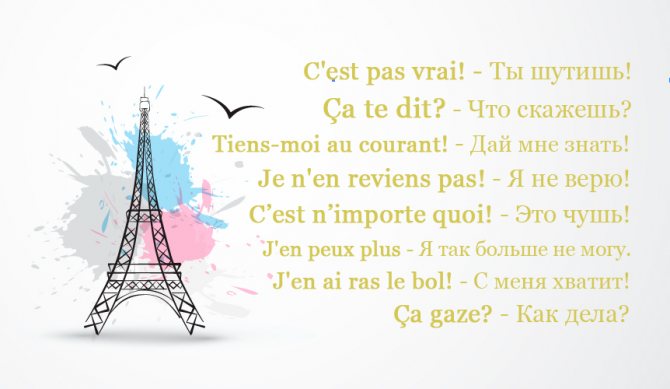
At the hotel.
AiF.ru will tell you how to ask, whether the hotel has vacancies, how much a room costs and whether there is something cheaper?
Vous avez des chambres? - Do you have any rooms available? - Vous vous êtes de chambre?
Je voudrais réserver une chambre pour une personne. - I would like to reserve a room for one. - Je voudrais reservez à la chambre pour une personne.
Combien coute cette chambre par nuit? How much does this room cost per night? - Combien coute cette chambre par nuit?
Avez-vous quelque chose de moins cher? - Isn't there anything cheaper? - Avez-vous kellekö schöze de moins cher?
Je voudrais la clef de ma chamber. - Give me the keys to my room, please. - Je voudrais la clef de ma chambre.
A quelle heure servez-vous le petit dejeuner? - What time is your breakfast? - A quelle heure sirvez-vous le petit dejeuner?
Je voudrais regler la note. - I'd like to settle up. - Je voudrais regler la note.


